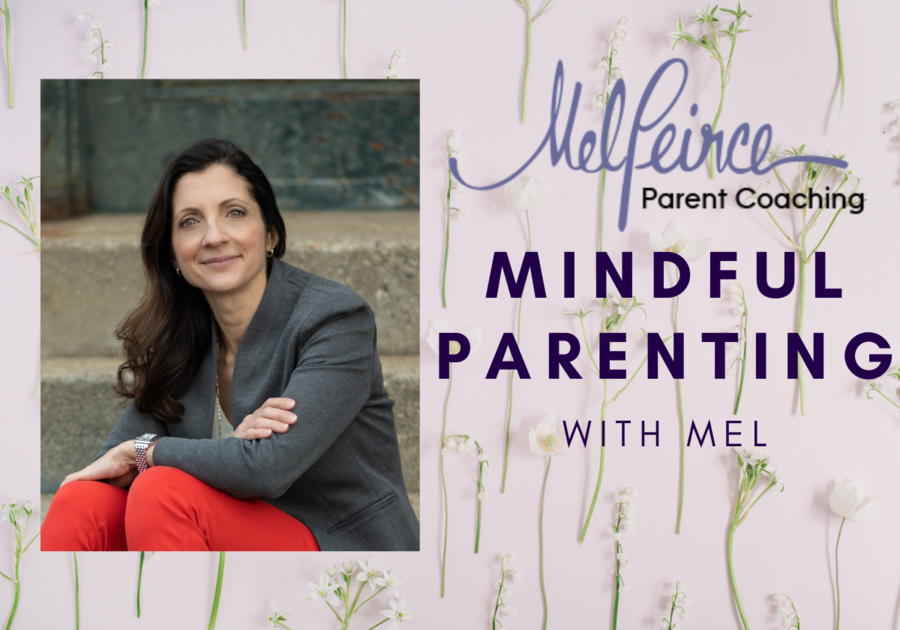When BIG Feelings lead to FRUSTRATING Behavior
As a parent, how do you handle your child’s big feelings that lead to unwanted behavior?
When your child is not behaving as you would like, do you get frustrated and start focusing on getting them to STOP?
It seems like the logical answer. That’s what I did when my children were little and what many parents do today. Because let’s face it, unwanted behavior from our kids can trigger us as parents in all sorts of ways.
Let me give you some real examples from my coaching with parents so you can see what I’m talking about.
I had one Mom with a three-year-old who got extremely frustrated if things weren’t exactly like she wanted with her breakfast. If things weren’t perfect, her daughter would have a meltdown. Then, if the Mom tried to put her in her room until she calmed down, things would escalate and worsen.
I had a Dad whose six-year-old son was hitting other children at school. In one situation, he had been playing a game with a female friend when one of his male friends came up to try to get him to play with the boys. The six-year-old said no, but his friend kept pestering him so he hit him.
In both of these situations, the parents themselves were super frustrated. They wanted to know how to get the behavior to STOP.
In both situations, we discussed what was driving the behavior, and the fact that their children don’t yet have the skills to manage and navigate the feelings of frustration. Realize that there is a direct correlation between how a child feels and how they behave — children have to feel okay to behave okay.
Not being able to handle frustration is typically what drives meltdowns with littles. They don’t get what they want, so they feel frustrated. They experience the feeling and sensation of frustration in their body and they have NO idea why they are feeling that way, they have no words to describe their experience to us, they are terrified, and a meltdown ensues.
As for the six-year-old, he knows that he shouldn’t hit other children. But he was faced with a situation that required communication and negotiation skills that he does not have yet. Not being able to communicate to get his friend to go away made him so frustrated that his primal brain took over. Even though the thinking brain knows not to hit, the primal brain only knows fight, flight, or freeze. So when the primal brain is in charge the 6-year-old is driven to hit.
We discussed strategies to help the kids, and then I also talked to both parents about how they parented when they were frustrated. They told me they tended to be short-tempered, more reactive, yell, and they moved to “command and demand” parenting. They don’t like how they show up as a parent when they are frustrated.
They’re not alone. I don’t know any parents that parent as well from frustration — myself included. But ironically, this is how we are teaching our kids to act when they are frustrated.
We weren’t taught how to handle frustration as children. We weren’t taught how to navigate through negative feelings in general. This is nothing against our parents, they just didn’t know because they weren’t raised that way either.
As a result, most of us don’t know how to teach our kids about frustration, what it feels like, and how to handle it. And let’s be honest, how could we? Frustration starts really early in life. How do you explain the concept of frustration to a two-year-old?
You can’t explain how to handle frustration to little children, you can only model it yourself.
Please note, this is not to blame or shame you or your parents — our parents didn’t know because they didn’t learn it growing up, and we didn’t learn it either. I’m in the same boat as you, and I’m also aware that blame and shame shut the learning centers down in the brain which will make it really difficult to do better. I had to work on giving myself more compassion and grace, and I encourage you to do the same.
Instead of getting frustrated, I invite you to get curious and ask yourself these questions:
Why is my child acting this way?
What feeling is driving this unwanted behavior?
As parents, how we respond to our children when they are experiencing BIG feelings will directly impact whether their behavior will escalate or whether they will calm down.
So as I coach parents, I work on both strategies they can use with their children, and strategies to manage themselves and their reactions. We will never be able to control what our kids do, we can only control how we respond.
If you want to learn more about how to parent your child through BIG feelings, and mistakes most parents make so you can avoid them — join me for a free virtual workshop Wednesday, January 18th , How To Parent Through Big Feelings. You can get more information and register here.
Lowell Macaroni Kid is a free weekly newsletter and website focused on fun family events and information in the greater Lowell area.
We gather together all kinds of local family events and activities each week, and add useful information about classes, family-focused businesses, book and product reviews, recipes, crafts, school and camp guides and more. We proudly serve 10,000+ families in Lowell, Dracut, Chelmsford, Westford, Tyngsboro, Dunstable, Littleton, Groton, Billerica, Tewksbury, and other surrounding communities.
Subscribe today to receive our email newsletter every Wednesday!
Follow us on Facebook, Instagram or Twitter.
Advertise with us to connect with thousands of local families!



